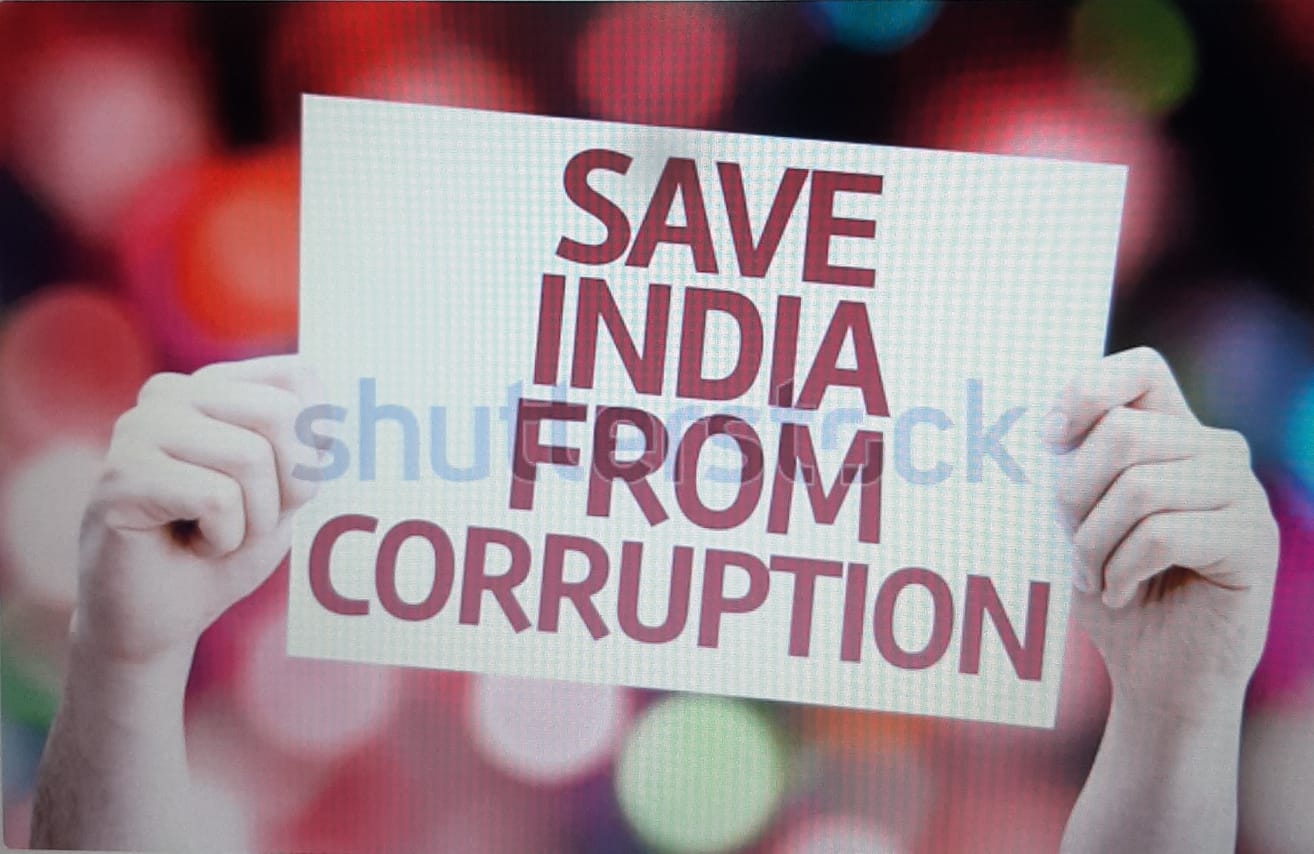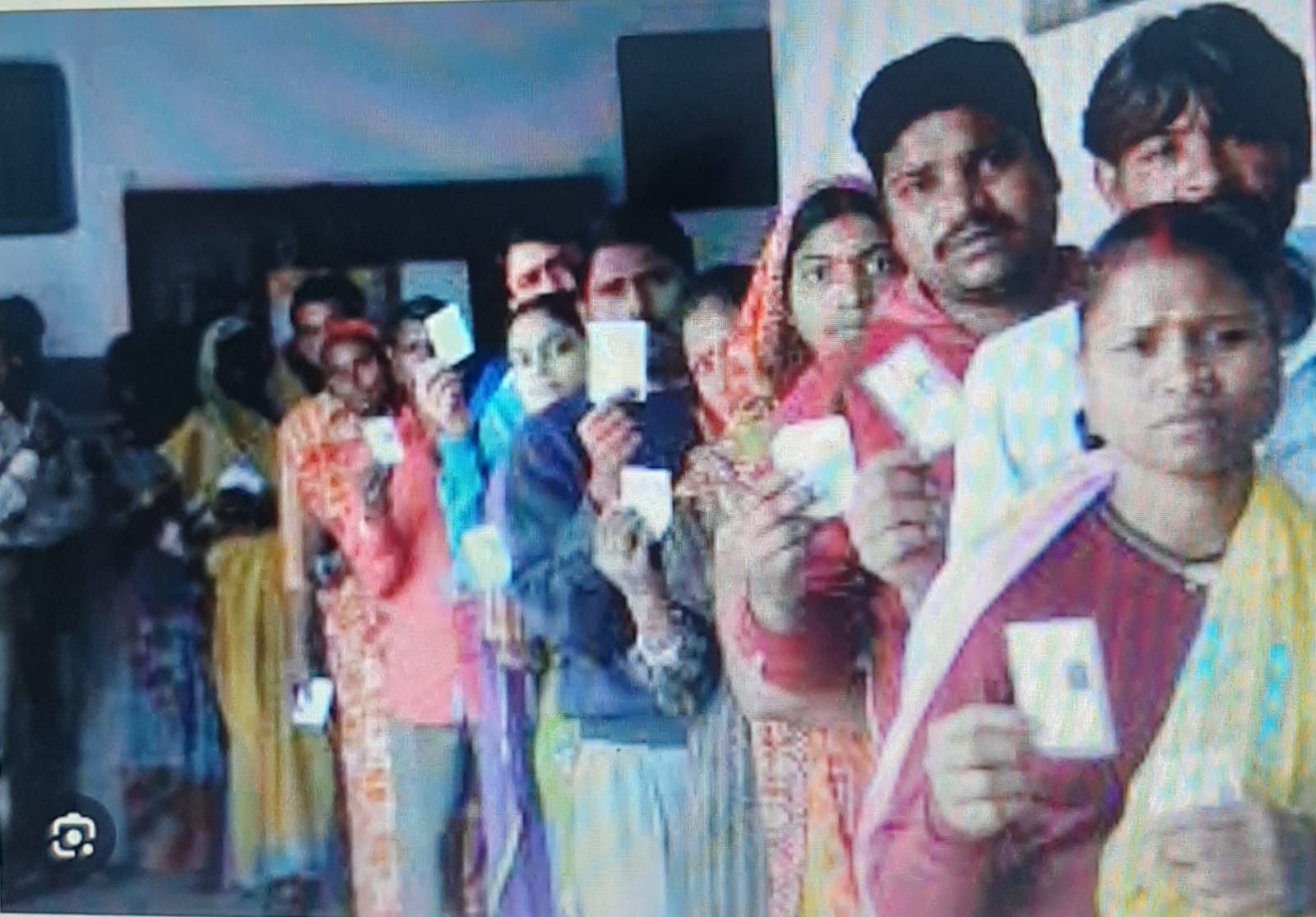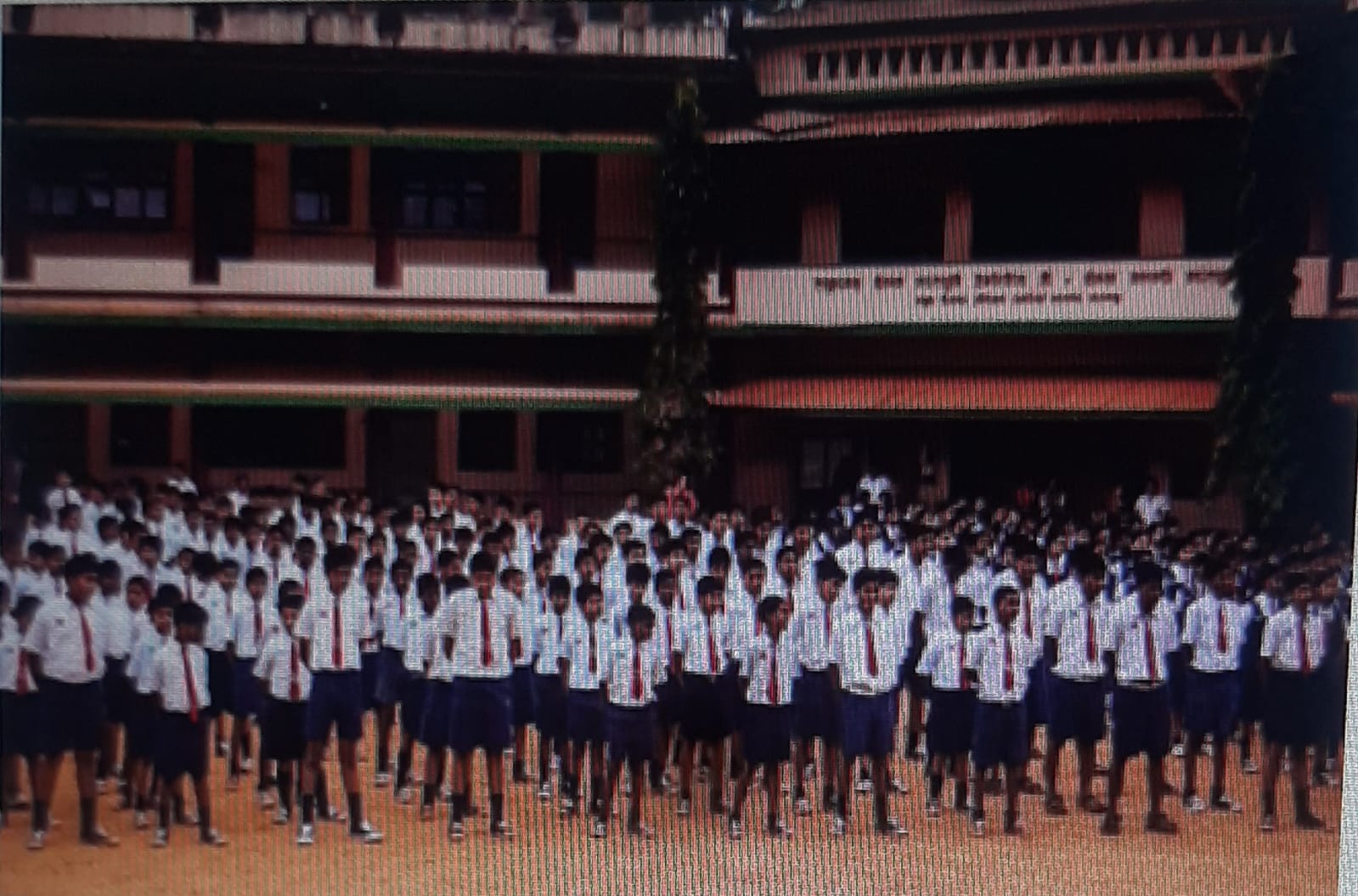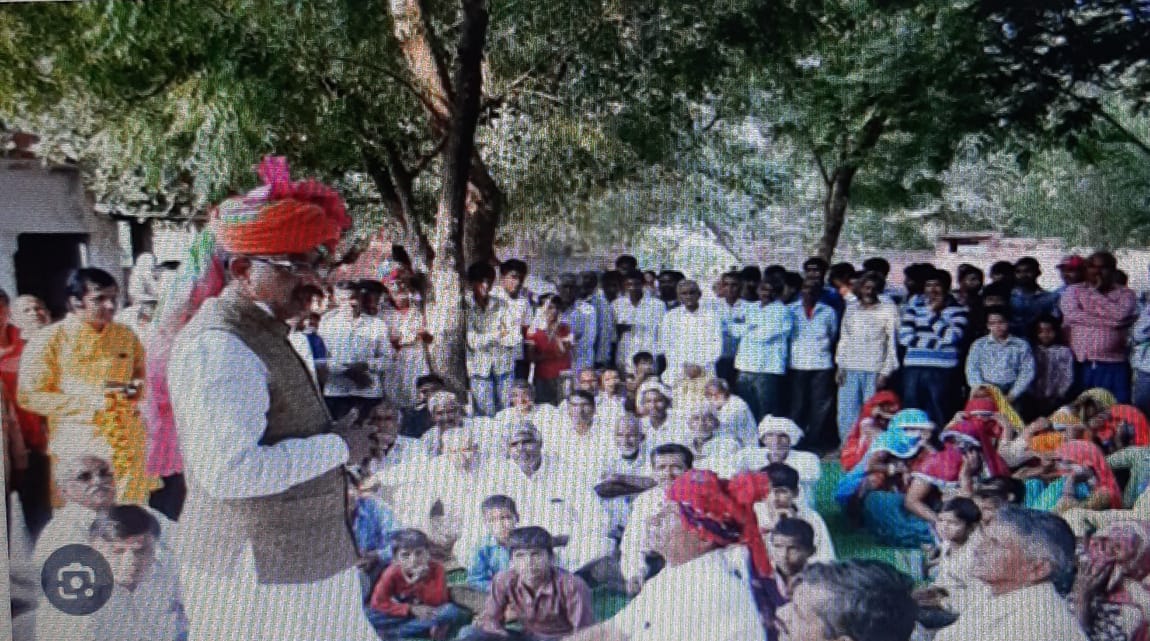
The real tragedy lies in how this situation was allowed to unfold in the first place. How did we, as a nation, let one of our finest athletes, who had fought valiantly to reach the finals, end up disqualified over something as preventable as a minor weight discrepancy? Where was the Wrestling Federation of India in this moment of critical importance? What role did the support staff and coaches play in this debacle? Could more have been done to ensure that Vinesh remained within the weight limit on the second day, writes Dr. Kanishka Pandey, Head- Centre for Sports Research, IMT Ghaziabad
The question of whether Vinesh Phogat should have been awarded the Silver Medal is one that tugs at the heartstrings of every Indian. As a nation, we saw a determined athlete fight her way to the finals, overcoming formidable opponents while staying within the stringent 50kg weight category on the first day. Her journey to the finals was nothing short of extraordinary—a testament to her skill, grit, and unwavering dedication. By every measure of effort and performance, Vinesh earned that silver medal. So, why wasn’t she recognized for it?
The answer, though disappointing, was expected. Vinesh’s appeal to the Court of Arbitration for Sport (CAS) was dismissed, in line with the clear, unyielding rules that govern international wrestling competitions. These rules, which are strictly enforced, demand that a wrestler meet the weight criteria on both days of the tournament. Even a minor deviation—be it 10 grams or 200 grams—results in automatic disqualification and a last-place finish. The regulations make no allowances for mitigating factors, such as the natural bloating of the body in summer heat. Rules are rules, and when athletes enter the arena, they do so with full knowledge of these regulations, committing to abide by them.
Yet, this editorial is not about questioning the fairness of these rules, though that is a discussion that must eventually take place. The real tragedy here lies in how this situation was allowed to unfold in the first place. How did we, as a nation, let one of our finest athletes, who had fought valiantly to reach the finals, end up disqualified over something as preventable as a minor weight discrepancy? Where was the Wrestling Federation of India in this moment of critical importance? What role did the support staff and coaches play in this debacle? Could more have been done to ensure that Vinesh remained within the weight limit on the second day?
These are not just questions of process but of accountability. Was this a case of mere bad luck, or was it indicative of gross negligence and unprofessionalism on the part of those responsible for guiding our athletes? The consequences of such oversights are severe, not only for the athletes who train tirelessly to represent their country but also for the nation’s reputation on the global stage.
We must demand answers, not only for Vinesh Phogat but for every athlete who puts their trust in the system to support them in their quest for excellence. If we fail to learn from this painful episode, we risk repeating it, and the cost of such repetition is too high. It is a cost that will be borne by our athletes, by our country, and by the very spirit of fair competition that sport is meant to embody. The time to address these issues is now, before history has a chance to repeat itself.
(Dr. Kanishka Pandey is Head- Centre for Sports Research IMT Ghaziabad)









